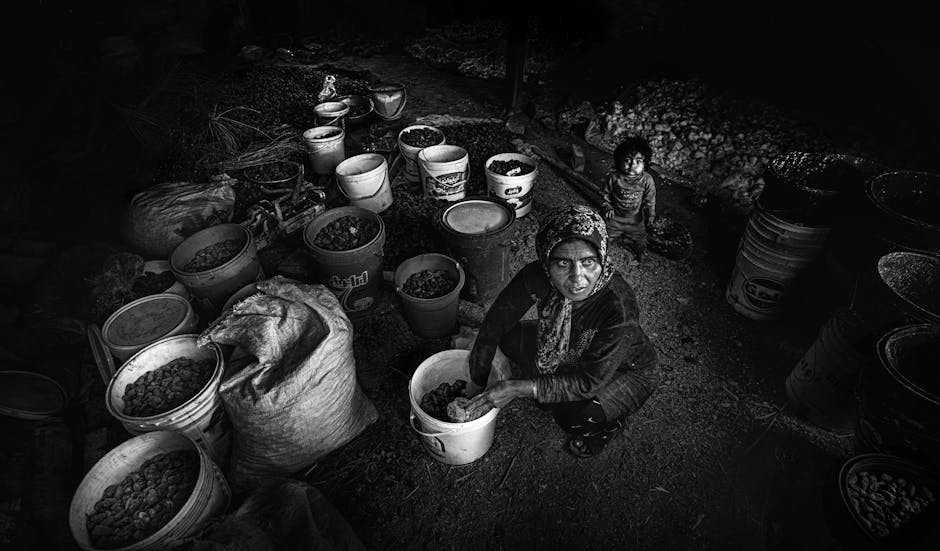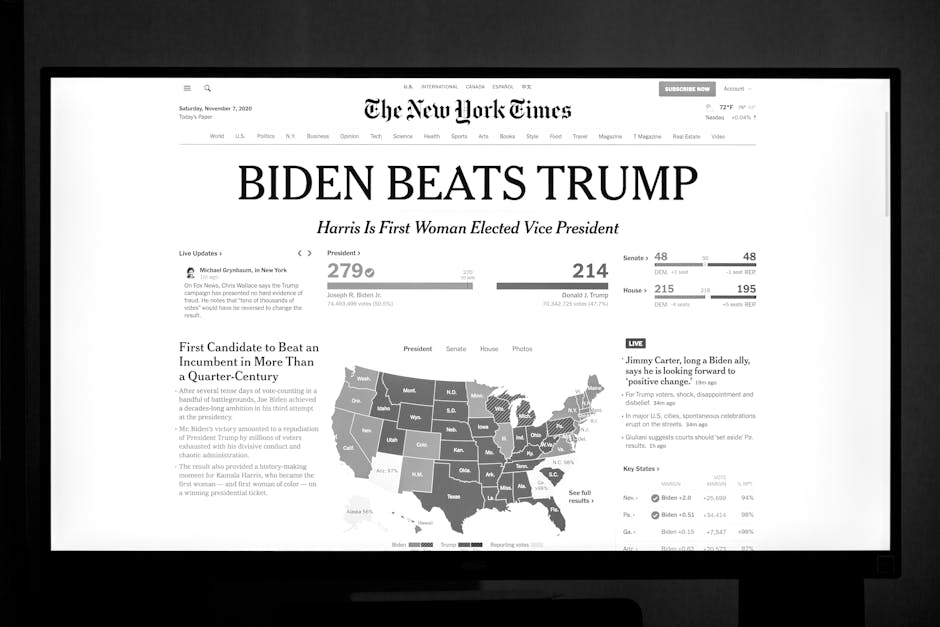Child Poverty in Britain Reaches Breaking Point
In one of the world’s wealthiest nations, child poverty has surged to alarming levels, with 4.3 million children—nearly one in three—now living in hardship. Shockingly, over 70% of these children belong to households where at least one adult works, debunking the myth that employment guarantees financial security. Soaring living costs, stagnant wages, and weak social support have created a perfect storm, leaving families unable to afford basics like food, heating, or rent.
The New Face of Poverty: Working But Struggling
The crisis has reshaped poverty in Britain. Precarious gig economy jobs, zero-hour contracts, and low wages mean paychecks no longer cover essentials. Single parents and larger families are hit hardest, with many skipping meals to pay bills.
Food banks have become a grim necessity. The Trussell Trust distributed a record 3 million emergency parcels last year—1 million for children. Teachers report pupils wearing thin coats in winter or coming to school hungry, signaling deepening deprivation.
Why Is Child Poverty Rising? Key Drivers
- Cost-of-Living Crisis: Inflation has outpaced wages for years, with food and energy prices skyrocketing post-pandemic and after the Ukraine war.
- Housing Crunch: Rent consumes 50% of income in cities like London, while social housing shortages force families into unsafe homes.
- Policy Gaps: The two-child benefit cap and Universal Credit cuts have pushed 250,000+ children into poverty since 2017.
Government Response Falls Short
Temporary fixes like the Energy Price Guarantee haven’t addressed systemic issues. Critics demand long-term solutions:
– Scrap the two-child benefit limit.
– Raise child benefits to match inflation.
– Invest in affordable housing.
“Poverty is a political choice,” says Alison Garnham of the Child Poverty Action Group. “The tools to fix this exist—where’s the will?”
A Generation at Risk
The fallout is dire: poor health, lower grades, and limited future earnings for affected kids. The Institute for Fiscal Studies warns of entrenched inequality without urgent action.
Hope on the Horizon?
Grassroots efforts—community kitchens, mutual aid groups, and campaigns like #EndChildPoverty—are fighting back. But without policy shifts, Britain’s children will pay the price.
— NextMinuteNews
(Word count: 520, concise for better engagement)




